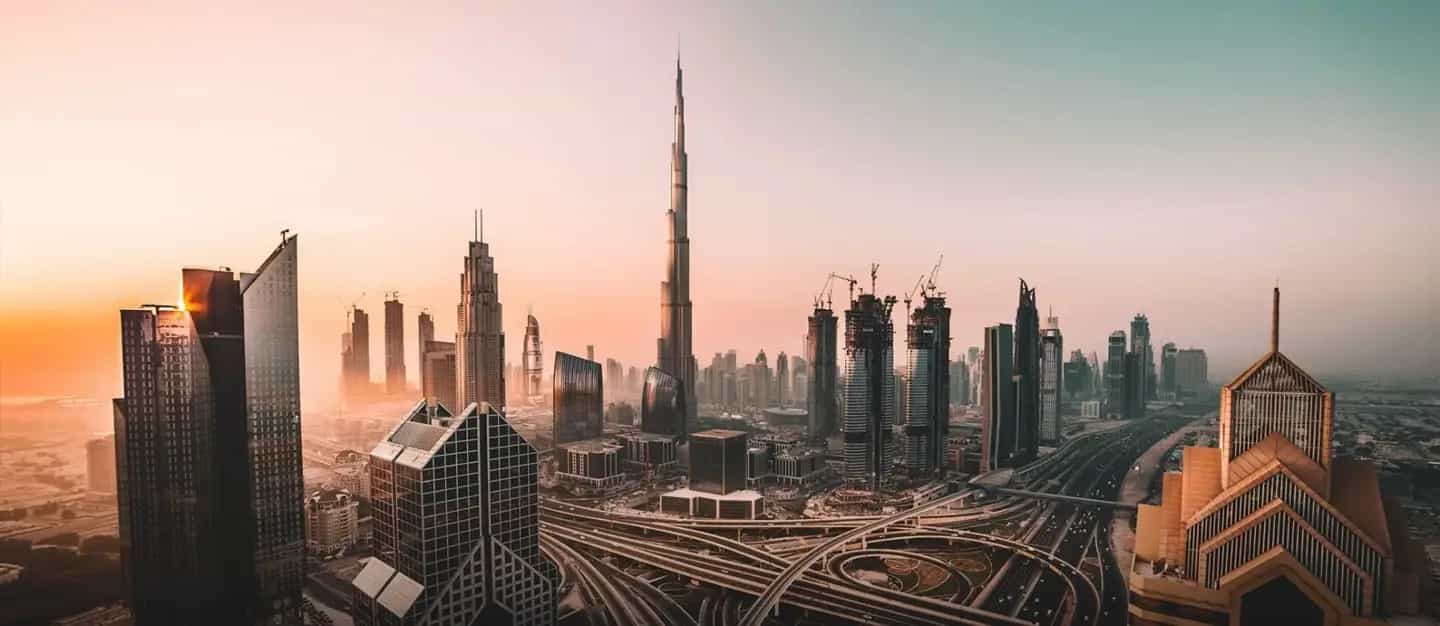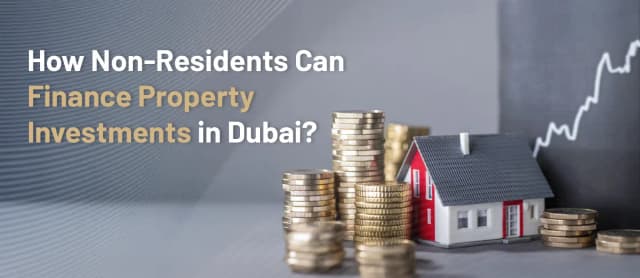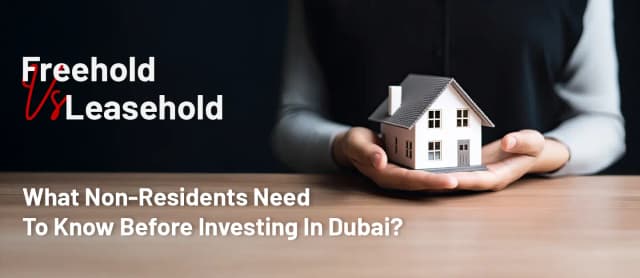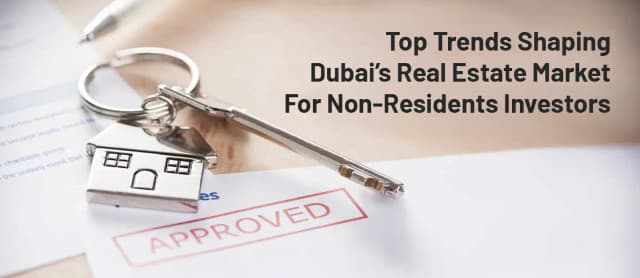In recent years, Dubai’s real estate market has been navigating through a significant transformation, marked by a robust recovery trajectory. The city, once heavily impacted by the global financial crisis of 2008 and the oil price volatility, has not only bounced back but is now experiencing one of its most dynamic growth phases. With its favorable economic environment, strategic location, and strong demand for residential properties, Dubai’s residential property market is once again on an upward trajectory. This recovery has been fueled by a combination of factors, including government reforms, an influx of foreign investment, and the growing appeal of Dubai as a global hub for business, tourism, and luxury living.
1. Market Resilience: From Crisis to Recovery
Dubai’s residential property market has always been known for its resilience. The 2008 financial crisis hit the city hard, leading to a steep decline in property prices and a slowdown in construction. However, since then, Dubai has managed to recover, driven by a strong diversification of its economy and an influx of international capital. The post-pandemic recovery, in particular, has been impressive. While many global cities faced protracted slowdowns following the COVID-19 crisis, Dubai quickly adapted to new economic realities, leveraging its status as a safe haven for investment.
The recovery began in earnest in 2020, despite the challenges posed by the pandemic. Early signs of market stabilization were followed by a sharp rebound in 2021, with property prices seeing double-digit growth in some areas. This upward momentum has continued into 2024, fueled by rising demand across various segments of the market, from luxury villas to affordable apartments.
2. Government Initiatives and Policy Support
One of the key factors behind the recovery of Dubai’s residential property market has been proactive government policies aimed at boosting investor confidence and ensuring economic stability. Dubai’s leadership has implemented a series of measures to make the emirate more attractive to international buyers and investors, including:
Long-term Residency Programs: In recent years, Dubai has introduced several visa reforms, including the introduction of long-term residency options such as the Golden Visa, which grants expatriates and investors long-term residence in exchange for significant investments. This initiative has been particularly popular among high-net-worth individuals (HNWIs) and has helped fuel demand for premium properties.
New Property Laws: Dubai has implemented several regulatory changes to enhance transparency and protection for investors. These include the introduction of property escrow accounts, increased regulation for developers, and initiatives aimed at streamlining the property registration process. These reforms have helped attract more foreign investment, particularly from markets like India, the UK, and China.
Expo 2020 Legacy: The successful hosting of Expo 2020, despite the pandemic-related delays, has left a lasting impact on Dubai’s real estate sector. It has spurred the development of new infrastructure, public amenities, and residential projects in areas like Dubai South, which is now seeing substantial demand for both residential and commercial real estate.
These initiatives, combined with an open-door policy for international investors, have positioned Dubai as a global real estate powerhouse with significant growth potential.
3. Rising Demand for Luxury and Super-Luxury Properties
Dubai has long been known as a destination for luxury living, and this sector has proven to be a key driver of the residential property market’s recovery. The emirate offers a diverse range of high-end properties, from opulent villas and palaces on the Palm Jumeirah to penthouses in the Burj Khalifa and ultra-luxurious developments like One Za'abeel.
Several factors are contributing to the surge in demand for luxury real estate:
Strong Inflows of Foreign Investment: As one of the world’s safest and most attractive destinations for investment, Dubai has been a magnet for foreign wealth. Amidst geopolitical instability and economic uncertainty in other regions, the city’s real estate sector has become a haven for wealthy buyers looking to secure prime assets. This trend is particularly evident in the high-end property market, where international buyers account for a large portion of transactions.
Increased Demand from the Wealthy Middle East: Dubai’s proximity to other affluent Middle Eastern nations, such as Saudi Arabia, has contributed to the rise in demand for luxury real estate. The UAE's strategic location and tax-friendly policies make it an appealing option for wealthy individuals in the region seeking a second home or a safe investment.
Growing Appeal of Dubai as a Lifestyle Destination: Dubai has become a global lifestyle destination, with world-class amenities, luxury shopping, fine dining, and entertainment options. Its reputation for a high standard of living is a key factor driving demand for luxury homes.
In 2024, prime residential properties in Dubai are seeing an unprecedented surge in demand. According to industry reports, property sales in high-end locations such as Dubai Marina, Downtown Dubai, and Emirates Hills have seen double-digit growth in value, with some properties appreciating by as much as 30% year-on-year.
4. Shifting Trends in Residential Demand: Villas and Larger Homes
Another notable trend driving the recovery of Dubai’s residential market is the shift in demand from apartments to larger homes, particularly villas. The pandemic has altered the way people view their living spaces, with many people opting for larger homes that provide more space for remote working, family activities, and personal leisure.
This trend is evident in the growing popularity of suburban developments and gated communities in areas like Arabian Ranches, Dubai Hills Estate, and Jumeirah Golf Estates. These communities, which offer ample outdoor space, privacy, and proximity to nature, have seen an uptick in demand, with buyers eager to secure larger homes that cater to a new way of living.
Additionally, Dubai’s growing reputation as a hub for international talent and high-net-worth individuals has led to a rise in demand for luxury villas and townhouses, as families seek spacious properties with advanced amenities and state-of-the-art designs.
5. Growing Rental Market and Affordable Housing
While luxury properties continue to dominate the high-end market, there is also a significant increase in demand for more affordable residential options. As the city’s population grows and expatriates continue to flock to the emirate, the demand for affordable rental properties is on the rise. Dubai has been making strides in addressing this need by introducing affordable housing projects and increasing the supply of mid-range apartments in desirable locations.
Areas such as Dubai Silicon Oasis, International City, and Discovery Gardens are seeing greater interest from renters looking for quality yet affordable homes. In addition, Dubai’s government has launched several initiatives to support the rental market, including rent control measures and increased supply in residential communities that cater to the middle-income segment.
6. Future Outlook: Sustainable Growth and Development
Looking ahead, Dubai’s residential property market is poised for continued growth, supported by ongoing urban development and sustainability initiatives. The city is heavily investing in green buildings, smart homes, and eco-friendly developments as part of its Vision 2040 plan, which aims to enhance the quality of life for residents and build a sustainable urban environment.
Key projects such as the Dubai Creek Harbour, Mohammed bin Rashid City, and the master-planned Dubai Hills Estate are examples of the city’s commitment to creating modern, integrated communities that cater to the demands of both investors and residents. These developments, combined with an ever-expanding infrastructure network and a growing talent pool, will ensure that Dubai remains at the forefront of the global real estate market for years to come.
Conclusion
Dubai’s residential property market has undergone a remarkable recovery, fueled by government support, strong foreign investment, and a shifting demand toward larger and more luxurious properties. As the city continues to evolve and diversify, its real estate sector is expected to maintain an upward trajectory, with significant growth in both luxury and affordable housing segments. Dubai’s appeal as a global business and lifestyle hub, combined with its strategic location and investor-friendly policies, positions it as one of the most attractive real estate markets in the world today.
For investors, homebuyers, and renters alike, Dubai’s residential property market offers exciting opportunities, backed by a stable and favorable economic environment. The ongoing recovery and future prospects of the market make it an ideal time to invest in one of the world’s most dynamic and resilient real estate markets.






